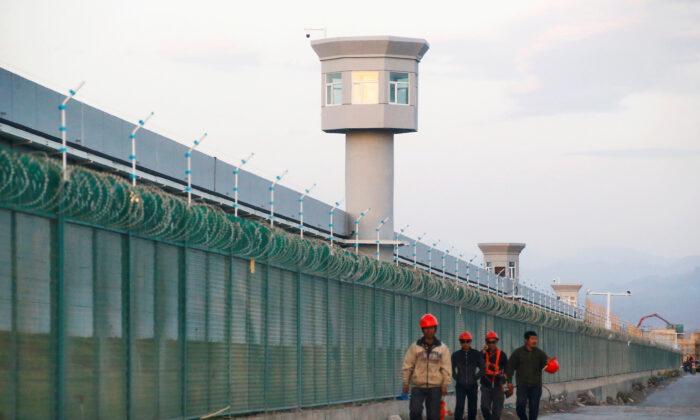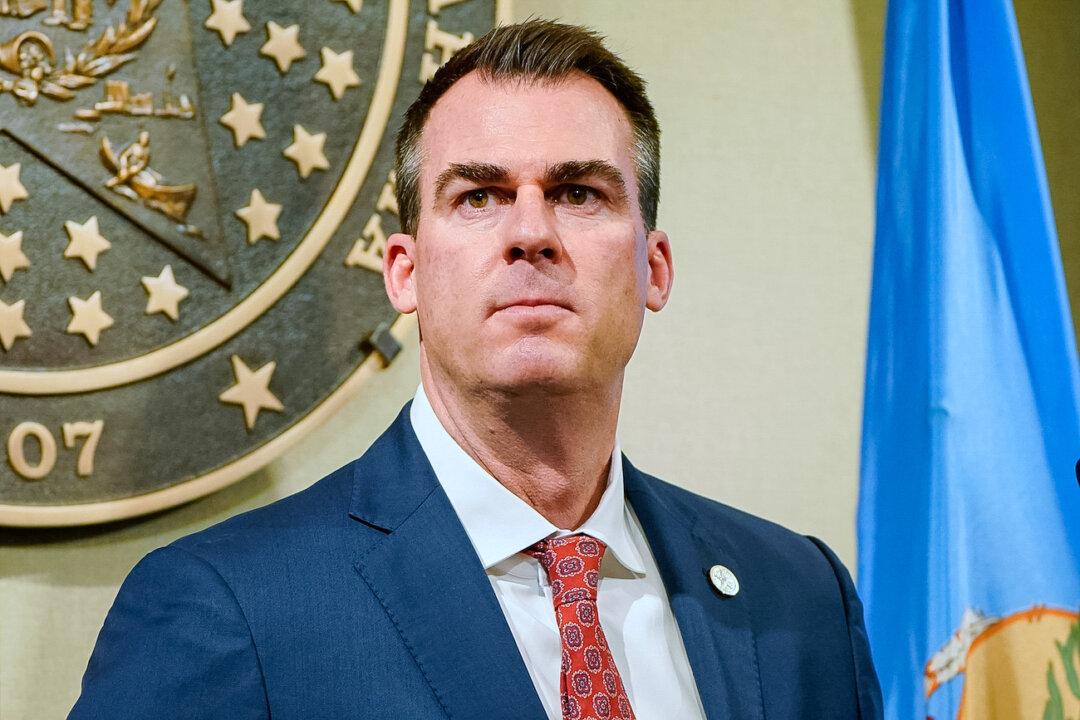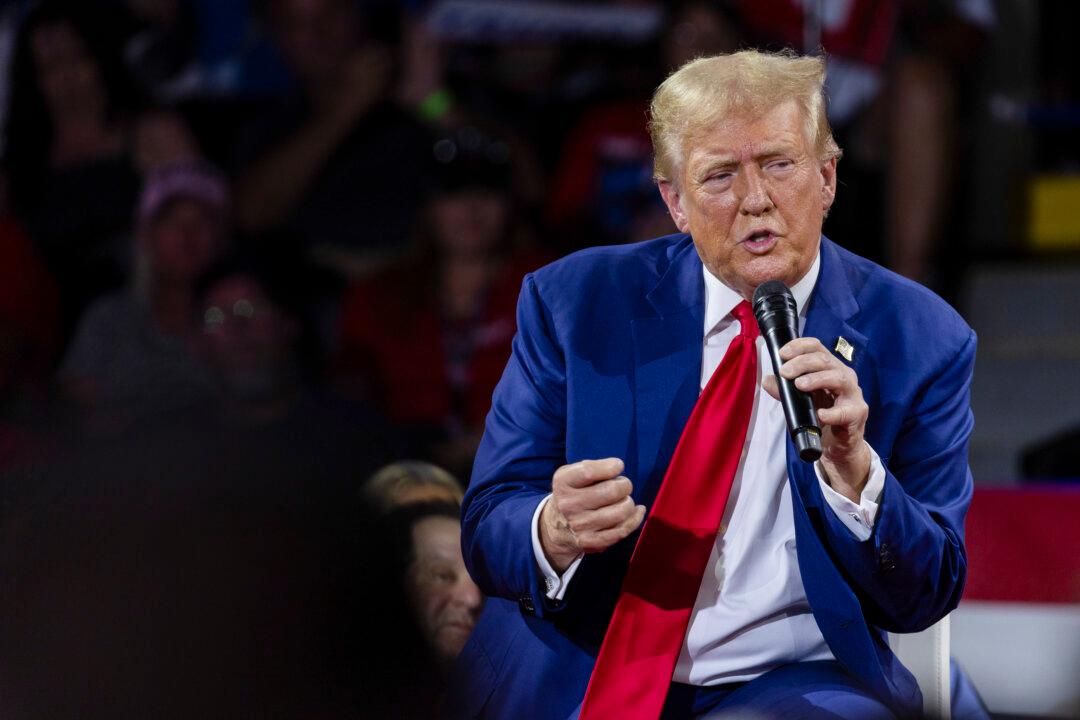Victoria’s Shadow Public Transport Minister David Davis has accused the state government of being “naive” and turning a “blind eye” to forced labour practices in China after the state’s Department of Transport went ahead with the purchase of train parts allegedly linked to the “morally reprehensible” practice.
This comes after documents obtained by The Age via a freedom of information request revealed that Victorian Transport Minister Jacinta Allan said that she had accepted her department’s advice that seeking alternative suppliers of components to the companies alleged to have used forced labour “may lead to delays and additional costs.”
The Transport Department advice was reportedly based on investigations done by train manufacturing company Bombardier.
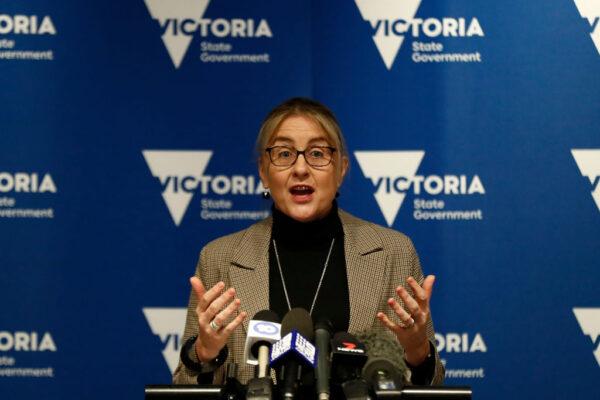
“All contractors working on this program have provided the Department of Transport with written assurances that forced labour was not used in the making of parts for the trains,” the spokeswoman said.
“The Victorian government has taken extensive steps to investigate these allegations since they were raised last year, including repeatedly seeking assurances from suppliers that forced labour is not used in the production of Melbourne’s [High Capacity Metro Trains].”
But the shadow public transport minister said that relying on the assurances of the train firms was “a bit like asking your children to mark their own homework.”
In correspondence with Bombardier, which has not been seen by The Epoch Times, Chinese state-owned company KTK Group reportedly confirmed that it had used about 80 Uyghur workers between 2018-19 through Beijing’s Xinjiang Aid program, according to The Age.
The Australian Strategic Policy Institute, in its “Uyghurs for Sale” report, estimated that around 80,000 Uyghur minorities had been transferred from their homes or detention centres to work at factories as part of the program.
KTK was implicated in helping the Chinese communist regime in its “campaign of repression, mass arbitrary detention, forced labour, involuntary collection of biometric data, and genetic analyses targeted at Muslim minority groups, the U.S. department stated.
The inclusion of these companies on the U.S. blacklist banned their access to American goods, including commodities and technology, unless they get approval from the U.S. government.
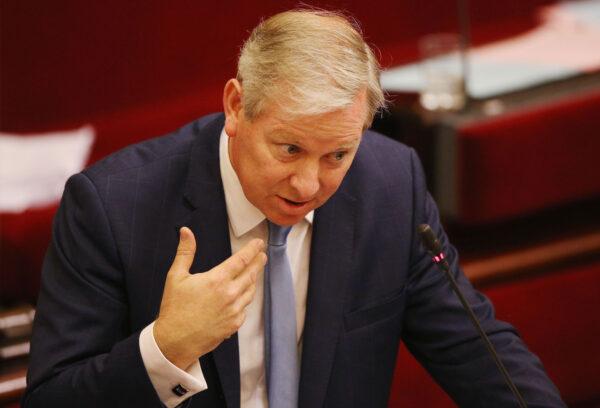
In a statement on June 15, Davis said this meant that a government deal was struck without adequate safeguards in place to ensure Uyghur forced labour wasn’t part of the supply chain.
The shadow public transport minister said Victoria had turned a “blind eye to the shocking allegations that train manufacturing in China has a dark underbelly of exploitation and worse, it’s morally reprehensible.”
“The glib assurances provided by Jacinta Allan last year are worth nothing. What these damaging documents establish is there has been no independent investigation into the supply chain for Victorian rail purchases,” Davis said.
Meanwhile, KTK said all of its Uyghur workers “voluntarily signed labour contracts” and the company had “complied with China’s labour laws.”
However, China’s laws can be ambiguous, with even the Department of Foreign Affairs and Trade warning travellers against going there due to the risk of being arbitrarily detained under the national security law introduced last year—which could be so broadly interpreted that a person might not know they’ve broken Chinese law.
Davis dubbed KTK’s statement as “farcical” and decried their assurances were ever accepted by the Victorian government “without serious scrutiny.”
“This group has been subject of negative reports for involvement in the use of forced Uighur labour,” Davis said. “Key groups like the Australian Strategic Policy group have expressed these concerns.”
“The U.S. Commerce Department has added KTK group to a U.S. blacklist over the alleged use of forced labour in China,” he said.
Davis accused the Daniel Andrews Labor government of being “so tied up with the Chinese Communist Party” and its Belt and Road Initiative that it “doesn’t know which way to move.”
